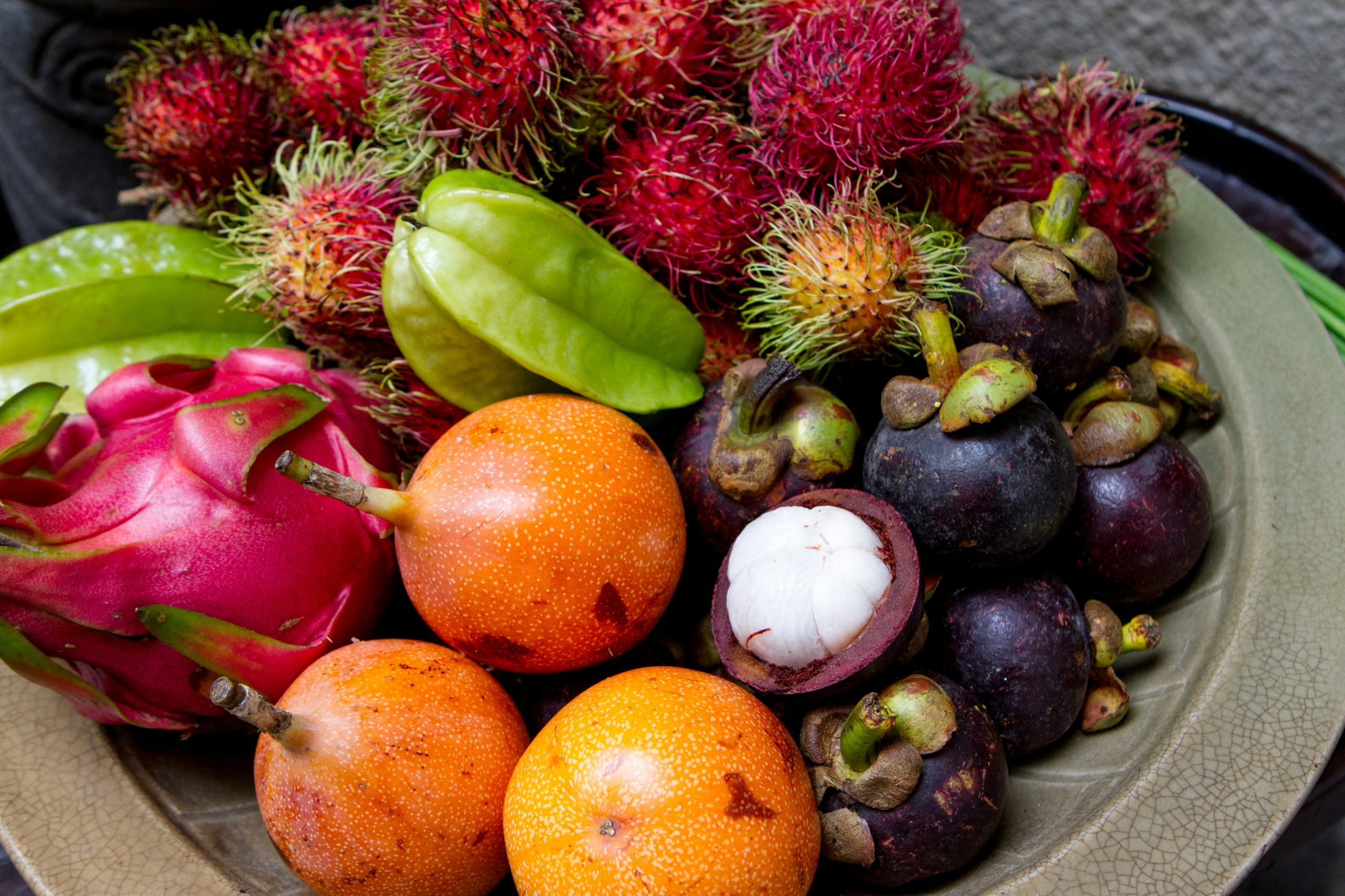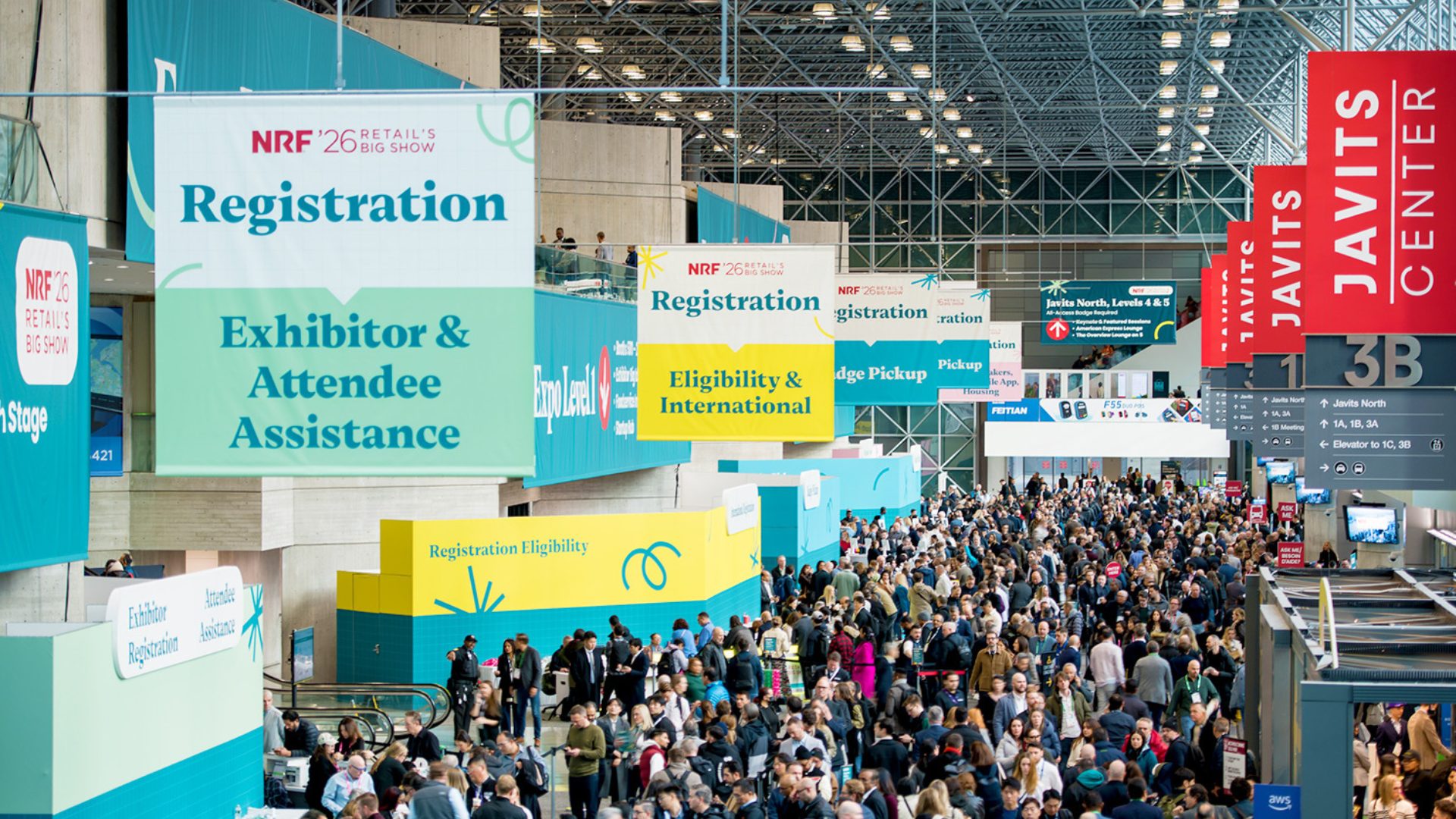In recent weeks, Canadian business leaders have expressed concern and unease amid trade tensions with the U.S. That said, even as tariff threats have been volleyed back and forth across the border – and even as Canadians boycott some American products – the relationship between the two countries isn’t completely fractured.
A new poll conducted by the Leo & Dragon consultancy found that, despite Canadian consumer patriotism, opportunities continue to exist for U.S. brands.
“It’s not all doom and gloom for U.S. brands in Canada,” said Joseph Chen, a consumer behavior expert and founder of Leo & Dragon. “There are categories that are less vulnerable to brand switching, (such as) beauty products, personal care and soft drinks.
“Gen Xers and Boomers are more likely to be committed to buying Canadian, so Millennials and Gen Z may be a better target consumer for U.S. brands.”
For its Brand Nationalist Poll, Leo & Dragon surveyed 732 Canadian adult grocery shoppers in late April. Leo & Dragon, an independent insights management consultancy based in Toronto, found that the top food and beverage categories in which Canadians were most open to buying foreign products included not just soft drinks (80%) but also alcohol (50%).
The majority of Canadians (77%) say they’ve adjusted brand behaviors. Approximately 59% of Canadians are willing to pay a premium – about 7% on average – for products that are Canadian.
However, roughly 60% of Canadians said they would buy American brands made in Canada or that support Canadian industry.
“Although ownership is the top thing making a company Canadian, consumers aren’t fixated on this, especially since so many brands have production facilities in Canada that employ Canadians,” Chen said.
The survey revealed that dairy, at 80%, was deemed the most important category in which respondents felt there was an “importance of buying Canadian.” Here’s a look at the subsequent F&B categories in which buying Canadian was considering “very or somewhat important”:
- fresh produce 69%
- alcohol 50%
- frozen foods 40%
- savory snacks 25%
- sweet snacks 22%
“Companies need to be clear about their Canadian contributions and there are lots of ways to communicate that to capture the hearts (and wallets) of Canadians,” Chen said. “Demonstrating respect and support for Canada in these acrimonious times might be another way in.”
The Food Institute Podcast
Just how difficult is it to scale a better-for-you snack company? Rebecca Brady, founder and CEO of Top Seedz, shares how she turned a homegrown idea into a rapidly scaling snack brand and breaks down the strategy behind her growth, from bootstrapping production to landing national retail partnerships.












